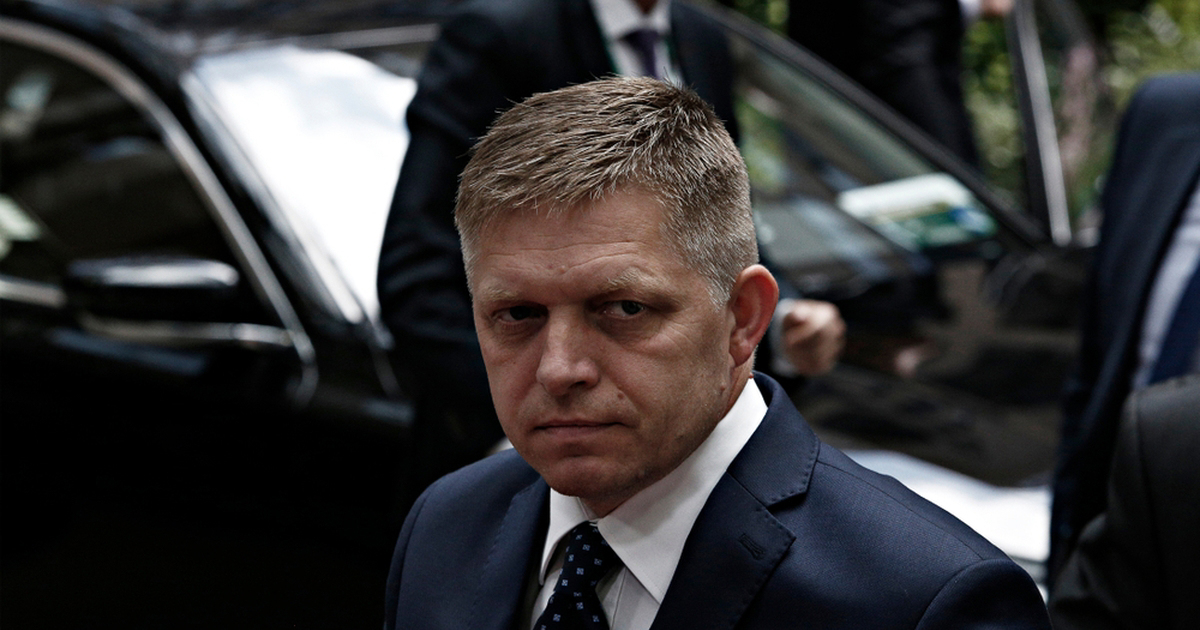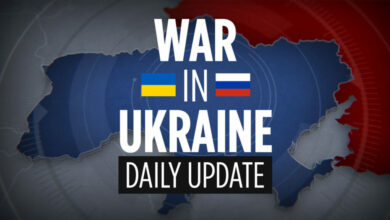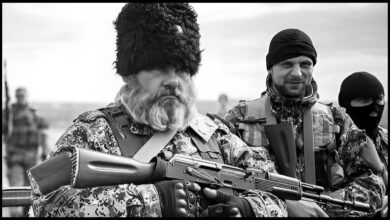Slovak Prime Minister Robert Fico Opposes Sending Troops to Ukraine, Citing Risk of Escalation

Slovakia’s Prime Minister Robert Fico has voiced opposition to deploying troops to Ukraine, citing concerns about escalating tensions.
Prime Minister Robert Fico revealed that certain European Union and NATO member nations are contemplating sending their military forces to Ukraine through bilateral agreements with Kyiv. He made this declaration during a press briefing subsequent to an emergency government session in Slovakia, just before his departure for a Ukraine-focused meeting in Paris.
He underscored Slovakia’s firm stance that under no circumstances would its soldiers be dispatched to Ukraine. The Prime Minister had reiterated his refusal to consent to such a deployment, even if it meant risking his position.
23-year-old Indian ‘helper’ from Gujarat dies in Russian war zone
“We cannot intervene in other nations’ bilateral agreements with Ukraine, potentially involving military deployments, but we emphatically assert that the intended goals of such actions will not be realized. We firmly believe that sending soldiers to Ukraine will only exacerbate tensions significantly,” affirmed the Slovak government leader.
Fico restated his belief that the Western approach in Ukraine is ineffective and expressed concern about the upcoming discussions in Paris, admitting they left him feeling apprehensive.
Robert Fico, Longest-Serving Prime Minister of Slovakia
Robert Fico is a prominent Slovakian politician, currently serving as the Prime Minister of Slovakia since 2023. He has previously held this position from 2006 to 2010 and again from 2012 to 2018. Fico is the founder and leader of the Direction – Social Democracy (Smer) party, established in 1999. With over 10 years in office, he holds the distinction of being the longest-serving prime minister in Slovakian history.
Fico’s political career began in 1992 when he was elected to Parliament during the existence of Czechoslovakia. He later became a member of the Council of Europe. After leading his party to victory in the 2006 parliamentary election, he formed the inaugural Fico Cabinet. Despite a period in opposition after the 2010 parliamentary election, Fico returned as prime minister following a motion of no confidence against the Iveta Radičová cabinet.
In the 2012 parliamentary election, Fico’s Smer party secured a landslide victory, winning 83 seats and forming a government with an absolute majority, a rarity in Slovakian politics since 1989¹. In 2013, he ran as a candidate in the 2014 presidential election, ultimately losing to his rival Andrej Kiska in the second round of voting on 29 March 2014¹.
Fico faced a political crisis following the murder of journalist Ján Kuciak and resigned from office in March 2018. However, he returned to power after his Smer party won Slovakia’s September 30 parliamentary election. The party campaigned on a pro-Russian and anti-American platform³. The current government is a coalition comprising Smer, Hlas, and the Slovak National Party².
Sources:
(1) Robert Fico – Wikipedia. https://en.wikipedia.org/wiki/Robert_Fico.
(2) Slovakia swears in a new Cabinet led by a populist ex-premier who …. https://apnews.com/article/slovakia-new-government-fico-ukraine-bfe5f251d3a3b75e72ccee60f7c591b3.
(3) Robert Fico formally appointed as Slovakia’s prime minister – as it …. https://www.theguardian.com/world/live/2023/oct/25/donald-tusk-poland-brussels-pm-eu-slovakia-robert-fico-europe-live?filterKeyEvents=false.
(4) Who is Robert Fico, the pro-Russian leader poised to head Slovakia’s …. https://www.theguardian.com/world/2023/oct/02/who-is-robert-fico-the-pro-russian-leader-poised-to-head-slovakias-coalition-government.







